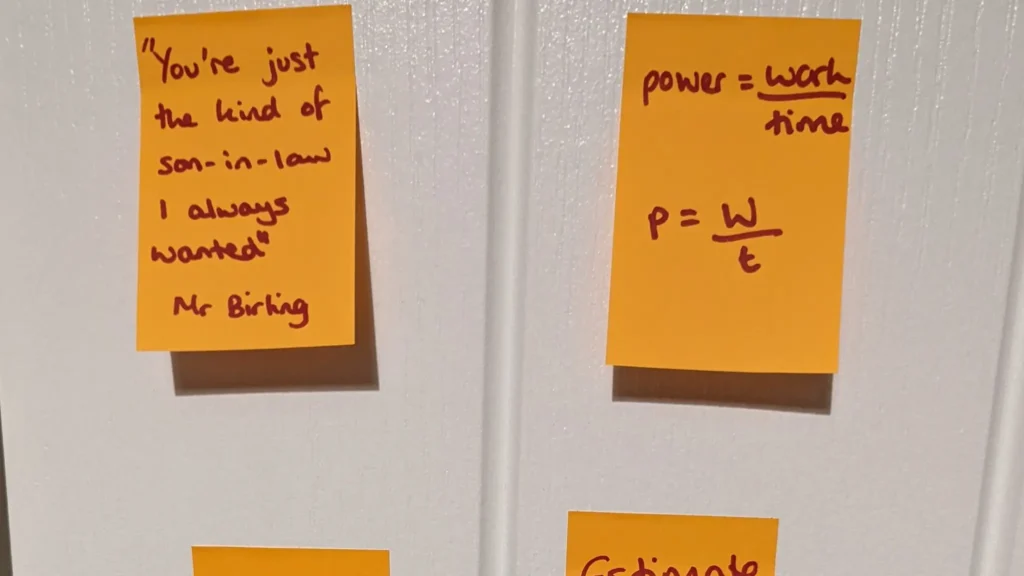The number of students receiving private tuition in the UK has reached an all-time high with 60% of secondary school pupils receiving tuition at some point during their academic career according to a recent Sutton Trust report.
It’s not just in academic subjects either, a survey conducted by Superprof showed an increase of 30% over 2 years for non-academic subjects such as tennis, singing and roller skating.
Why are students and parents turning to private tuition?
There are many factors that are encouraging students and parents to seek out private tutors. Firstly, pressures on the education system are leading to class sizes being at an all-time high and pressures on teachers increasing every day, which is inevitably going to have an impact on our young people’s attainment. Secondly, awareness of mental health is increasing; in turn students are more aware of their needs and are seeking additional support. Lastly, competitiveness within the education system sees students fighting for limited places in the next stages of their academic careers, whether that is in grammar schools, sixth forms or top universities. Private tutors provide the support to thrive whether that is in overcoming specific challenges, increasing confidence, or achieving long term academic goals.
How is the landscape of private tuition changing?

Tutoring is no longer an extension of the classroom where students are sitting staring at a wall completing hundreds of extra practice questions. Instead, it’s a bespoke skills programme targeting the individual needs of the individual student. This could be personalised reading lists for Key Stage 2 or Key Stage 3, practical lessons involving manipulatives for Maths or growing your own plants to see germination and photosynthesis.
With Covid-19 bringing online learning to the forefront of everyone’s minds, online tuition can provide the benefits of tutoring with the convenience of not travelling. Tutors have also found that some students are more relaxed and therefore more focussed when participating in online tuition. A recent survey by Bramble showed that just over 50% of tutors are now providing only online tuition. There still seems to be some mystery surrounding online tuition with parents often asking us how it works. Technology has improved rapidly with the needs presented during Covid-19 and software now allows us to share whiteboards and modelling with students, in some instances tutors are also able to collaborate with students simultaneously on the same document.
Another branch of tuition that is increasing is small group tuition. This has become ever more popular due to the National Tutoring programme and research by the Education Endowment Foundation has found that small group tuition adds an average of 4 months progress per year for reading and an average of 3 months progress per year for Maths. Group tuition allows students the space to share ideas in a less formal and less intense setting while still allowing tutors to provide bespoke programmes for each individual facilitating progress at the students own pace. Students often believe they are the only person struggling, group tuition is another way of showing them that they are not alone which in turn increases motivation and engagement.

Do you need a tutor?
Often, we are approached by parents who are unsure whether they need a tutor for their child. Here are some questions to consider.
- Is your child struggling to keep up or focus during lessons?
- Is your child finding it difficult to increase their grade?
- Is your child unable to organise their work/revision?
- Is your child losing interest in a subject?
- Is your child lacking confidence in a subject?
- Is your child feeling overwhelmed with their school work?
If you have answered yes to any of these, a tutor is a great way to seek support for your child.
What can you do to help before accessing a tutor?
It may be the case that right now tuition might not be right for you and your child, whether it’s finances, logistics, mental health, or any other reason. If your child is struggling but you don’t want to look at tuition yet, there are some other things that may help.
Online software and websites
There are a whole host of websites and apps out there providing education support. For basic Maths try the free White Rose Maths app or Defenders of Mathematica. GCSE Maths try the Corbett Maths or Maths Genie websites. If it’s English skills they are struggling with, Comma Castle and Crystal Explorers are great online games to get them engaged. Kahoot is a quiz software with a range of quizzes across all subjects where students can compete against others or create their own quiz based on what they need to revise.
Encourage reading
If your child is a reluctant reader, spend some time trying to find some alternative reading – it doesn’t have to just be a story book. Why not try a magazine or a graphic novel or an autobiography of their favourite celebrity? Even listening to an audiobook allows a student to follow along with a story, similar to when they were learning to read, reducing the pressure of having to read and comprehend simultaneously.
Revision guides but more importantly workbooks!
The thing that is going to have the biggest impact on learning is practice. Think back to when your child was a baby, they didn’t learn to walk/talk/eat the first time, they spent ages practising that skill over and over and over. Academic learning is no different, revision guides have their place for students to refer back to or check things, but the workbooks give them the opportunity to practise. Many of these workbooks provide answers which allow students to self-mark their work and get instant feedback.
Games
It sounds silly, but we know that children learn best when they are engaged and what is more engaging than a game? If they are learning their times tables why not chalk out some answers on an outside wall, shout a question and they then throw a ball at the answer. Learning spellings, hide the letters around the house for them to find and put together to spell the word. A complicated process to learn, write it as a silly song. Even playing board games such as Boggle, Scrabble, Bananagrams or an old fashioned word search helps students to expand their vocabulary and improve spelling. Even the oldest students love a game or something a bit different.
Sticky notes around the house

The most common thing new parents say to us is that their child just can’t recall the information when it comes to a test. Select the most important facts, formulae, or quotes that they need to remember (colour code the notes for each subject). Put them around the house where the student goes on a regular basis (eye level food cupboard, front door, back of the bathroom door, ceiling above their bed…). Then all the student needs to do is a quick glance every time they go past, eventually, it really will sink in. Rotate the notes and take them down, keep them and put them back up a week later. This idea of exposure, break, exposure helps the information enter long term memory. This is also a passive task as they are not actively having to engage in a long revision activity.
Speak to their teachers
Find out what is really going to make the difference so that your time is efficient and has the biggest impact. Your school may also be able to help you find software and resources that the public can’t access.
Follow our Facebook page for more ideas, we did a series of posts during lockdown specifically looking at how to help students engage with learning at home and we regularly post links to useful websites and apps.
Core+ Tuition – How can we help?
All our tutors go through the same recruitment checks as school staff including DBS checks & safeguarding training. Many of our tutors are examiners for GCSE and A-level, providing you with the best knowledge of the exam syllabuses. Between us all, we have a wealth of knowledge and are excited about helping young people achieve their goals.
At Core+ Tuition we know one size doesn’t fit all and so we offer a range of tuition services; our small group in person sessions, our 1:1 in person sessions and our online 1:1 sessions. We offer all subjects for all age ranges including mature students. We will always take the time to get to know you and your child before we work with you to establish what session is best for your child – after all the child is at the centre of everything we do.
If you would like to have a chat to see if we can help you drop us an email at or send us an enquiry on our website.









